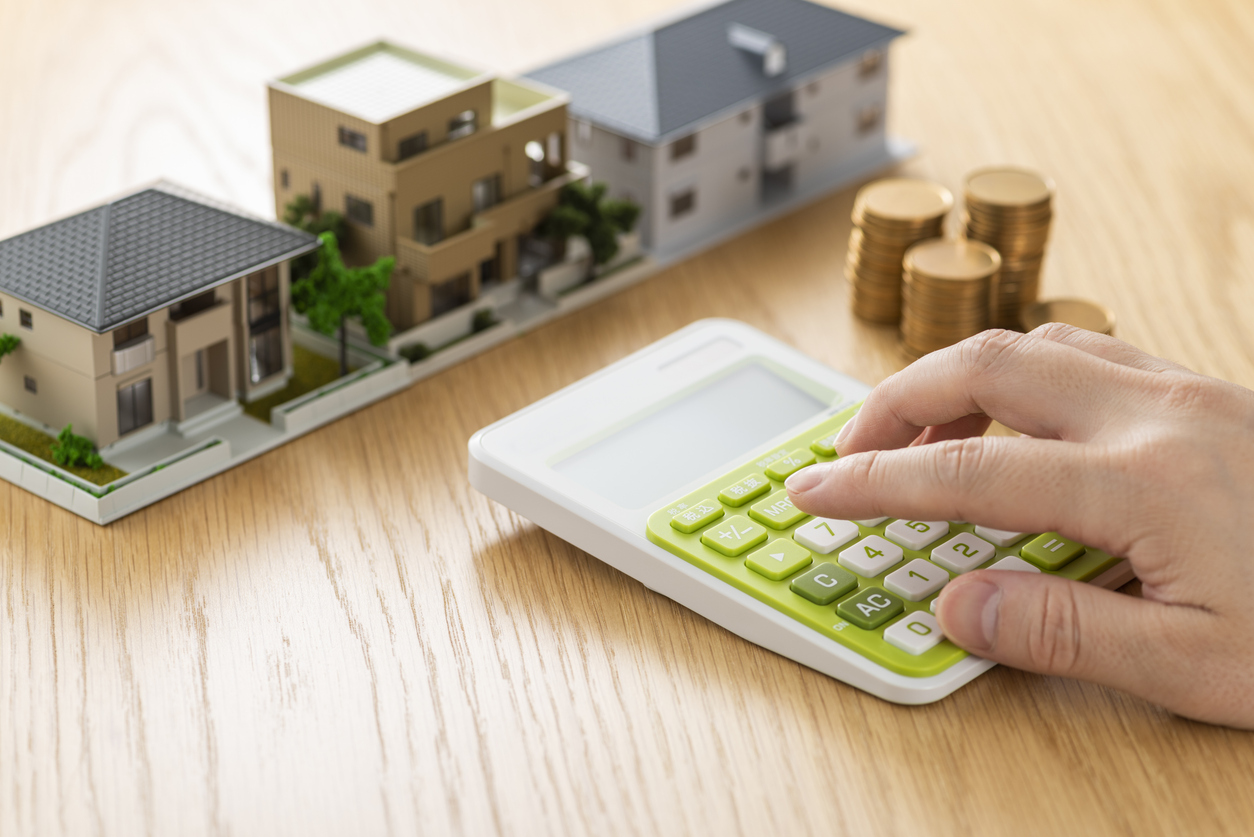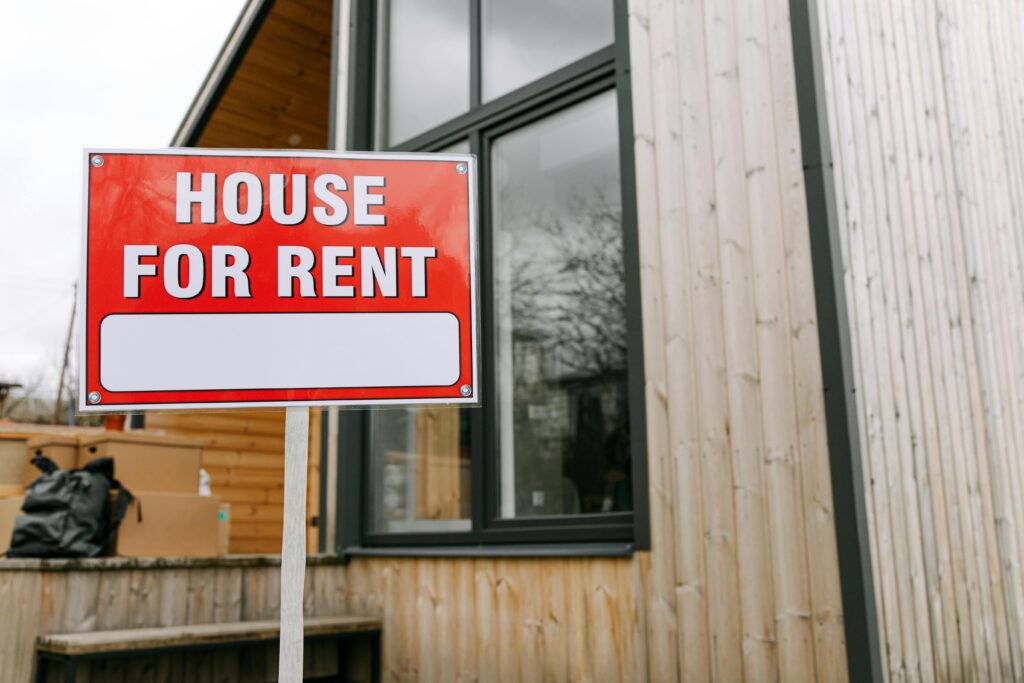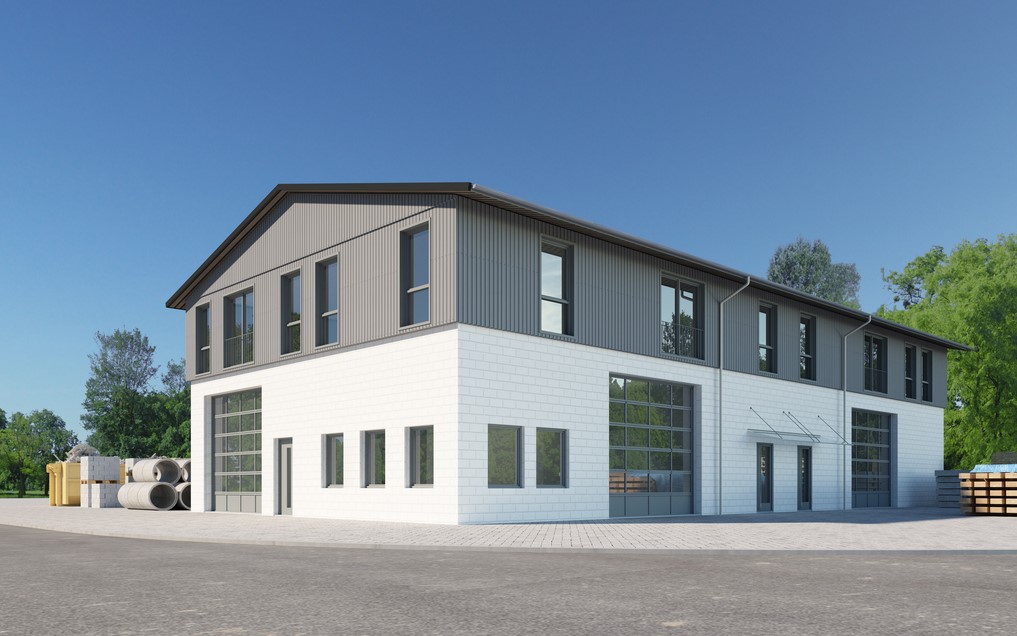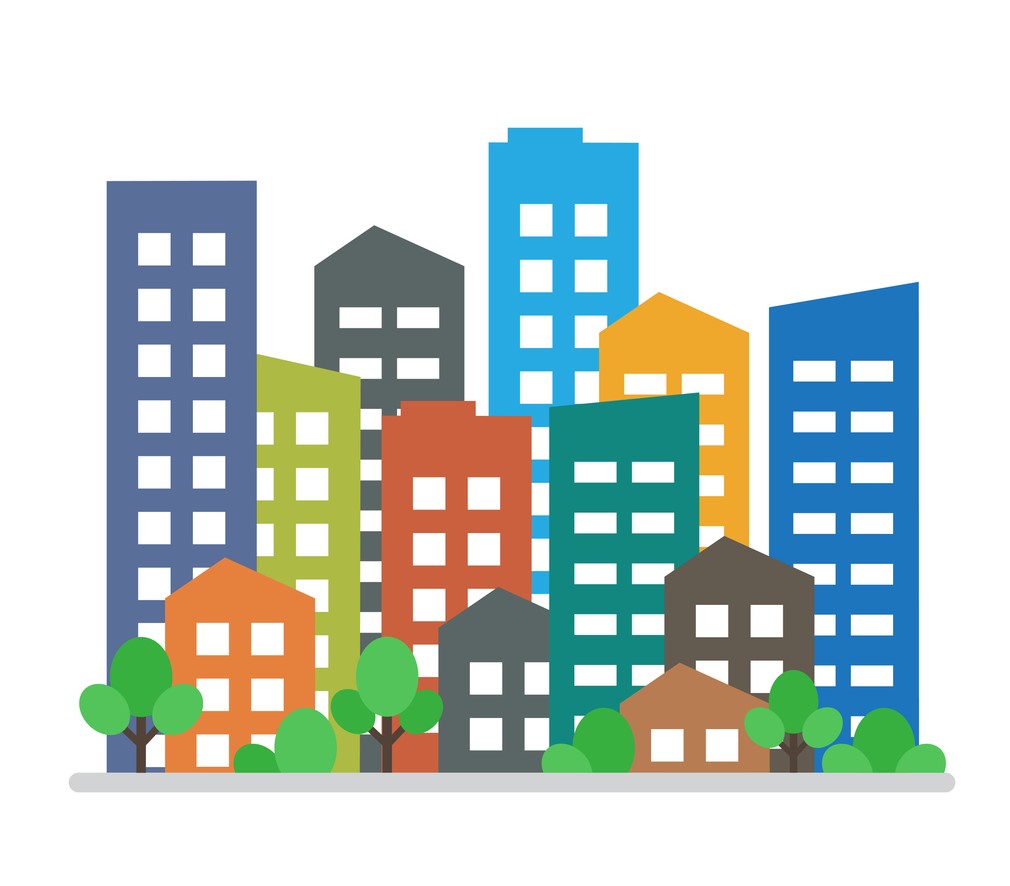
Investment Real Estate Loan
What Is an Investment Property Loan in the U.S.?
In the U.S., investment property loans are offered to investors who are looking to purchase or refinance real estate for rental income or capital gains, rather than for personal residence. These loans differ from owner-occupied mortgage loans in underwriting standards, qualifications, and available programs.
When referring to “investment property” in the U.S., it does not refer to the appearance or type of the property but rather to its intended use for rental income. A property that the owner occupies or uses personally is not considered an investment property. Even if a property is commercial, if the owner uses it for their own business, it is classified as owner-occupied, and loan terms may vary accordingly.
The value of investment properties is often determined not by the market price, but by net operating income (NOI) — the rental income minus operating expenses. Therefore, lease agreements are crucial documents for evaluating rental income. The lower the property’s expenses, the higher the profitability, and in turn, the higher the property’s appraised value. The goal of investment property ownership is generally to maximize rental income and minimize expenses.
Another advantage of investment properties is the ability to defer capital gains taxes through a 1031 Exchange, which can be a powerful wealth-building strategy. Additionally, investors can take advantage of depreciation deductions based on the natural wear and tear of the property when filing taxes.
However, U.S. tax and legal systems are very different from other countries, so it is essential to consult a CPA or legal expert familiar with U.S. regulations to avoid potential pitfalls.
Finally, note that vacant commercial properties or land with no income are often very difficult to finance (with some exceptions for residential property). Be sure to plan ahead and seek expert advice early to ensure loan eligibility and optimize your investment strategy.
General Conditions for Investment Property Loans:
| Item | Condition |
|---|---|
| Down Payment | 15% ~ 30% (varies by loan product) |
| Interest Rate | Typically higher than owner-occupied loans |
| DSCR Ratio | Usually required to be 1.0 or higher |
| Business Entity | Allowed (LLC, Corporation, etc.) |
| Lease Agreement | Required for some loan programs |
| Property Type | Single-family homes, condos, multifamily (2–4 units), retail/commercial properties |
Things to Consider When Getting an Investment Property Loan:
FHA, VA, and USDA loans are not available since the property is not owner-occupied.
Consider potential rental income and vacancy risk.
You may be able to utilize tax benefits and depreciation strategies.
The loan structure can differ depending on whether the property is for long-term hold or short-term resale (Fix & Flip).
Types of Investment Property Loans:

DSCR Loan
(Debt Service Coverage Ratio)
- Evaluated based on rental income (no personal income documentation required)
- DSCR must be 1.0 or higher
LLC ownership allowed - Minimum credit score: 660–680
- Down payment: 20–25%
- One of the most popular investment loans, based solely on rental income

Conventional Investment Loan
- Follows Fannie Mae / Freddie Mac guidelines
- Requires W2 or tax returns
Lower interest rates possible (but stricter qualifications) - Typically requires 15–20% down payment
- Suitable for salaried employees and those with stable income

Hard Money Loan
- Based on asset value (not credit or income)
- Fast approval (1–2 days) / Short-term loan (6–24 months)
- High interest rates (9–12%+)
- Commonly used for Fix & Flip or bridge loans
- Ideal for investors needing fast transactions or planning to renovate and sell

Commercial Real Estate Loan
- 5+ units, retail, office, warehouse, etc.
- Evaluated based on NOI, DSCR, and lease agreements
- Typically requires 25–30% down payment, must be in business name
- Best for commercial property investors and business owners

Portfolio Loan
- Based on the bank’s own lending criteria (loan is held by the lender)
- Flexible underwriting, including multiple properties, LLCs, etc.
- More flexible than conventional loans
- Beneficial for investors owning multiple properties
